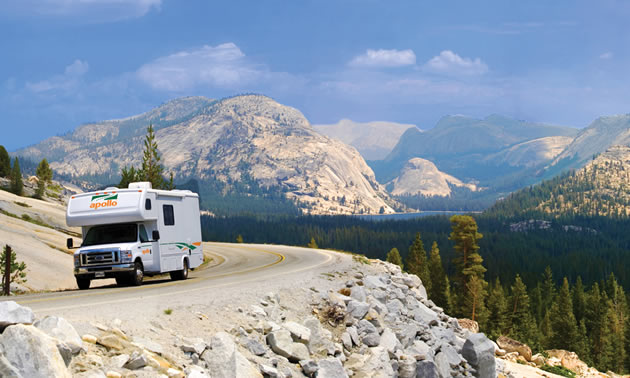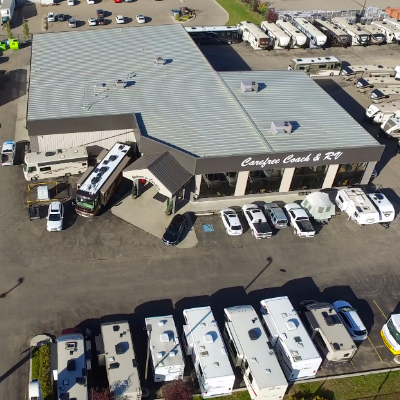Canadian RV and Camping industry urges a fair taxation regime for campgrounds and tourism investment

Representatives from the Recreation Vehicle Dealers Association (RVDA) of Canada and the Canadian Camping and RV Council (CCRVC) are on Parliament Hill to discuss the need for implementation of a fair tax regime for campgrounds across Canada and the need for increased investments in tourism policies and infrastructure upgrades.
"RVing and camping in Canada has a considerable economic impact. The manufacturing, purchasing, servicing and use of recreation vehicles contributes billions to the Canadian economy each year," said Jean-Francois Lussier, chair of RVDA. "In fact, in 2011, the total economic activity associated with the Canadian recreation vehicle industry reached $14.5 billion. There are over 4,231 campgrounds across Canada, each offering a unique experience for Canadians and international visitors."
But the continued growth success of the RV and camping industry is not assured. The promotion of the RV sector and proper infrastructure in our existing parks are crucial to the growth of the RVing and camping industries, as well as a prosperous Canadian tourism sector. The RVing industry contributes billions to the national economy, but campgrounds across Canada require infrastructural improvements in order to accommodate new camping and RV technologies.
"Our industry needs to be sure that we will be governed by a fair tax regime, including being eligible for the small business tax deduction," said Robert Trask, Chairman of the CCRVC. "Without clarification from the government, our members face retroactive tax increases of as much as 300%. Having campgrounds pay a higher tax rate than billion-dollar corporations is dumbfounding."
During a compliance test conducted in 2015 by the Canada Revenue Agency, 3000 small businesses were audited by the CRA. Of the campgrounds that were audited, 1 in 7 were classified as a "specified investment business" and denied the small business deduction. The reclassification means as many as three years of substantial retroactive tax increases. Without clarifying the uncertainty, campgrounds are unable to increase investment and improvements in their business and cannot hire additional seasonal hiring due to financial concerns.
"A fair tax regime and investment in the necessary infrastructural updates for small businesses would benefit the family-owned campgrounds and RV dealerships that enable Canadians and visitors alike to experience the all that Canada has to offer," concluded Lussier. "Canadians deserve the opportunity to enjoy our country's natural beauty and heritage. The RV and camping industry help make that possible."
The Recreation Vehicle Dealers Association of Canada is a national, volunteer federation of provincial and regional RVDA associations and their members, who have united to form a professional trade association for all businesses involved in the recreation vehicle industry.
The Canadian Camping and RV Council represents the Provincial Campground Owners Associations and their Private Campground Members across Canada.
Source: Recreation Vehicle Dealers Association of Canada








